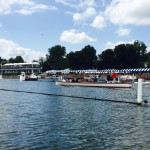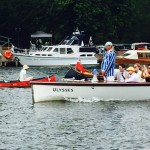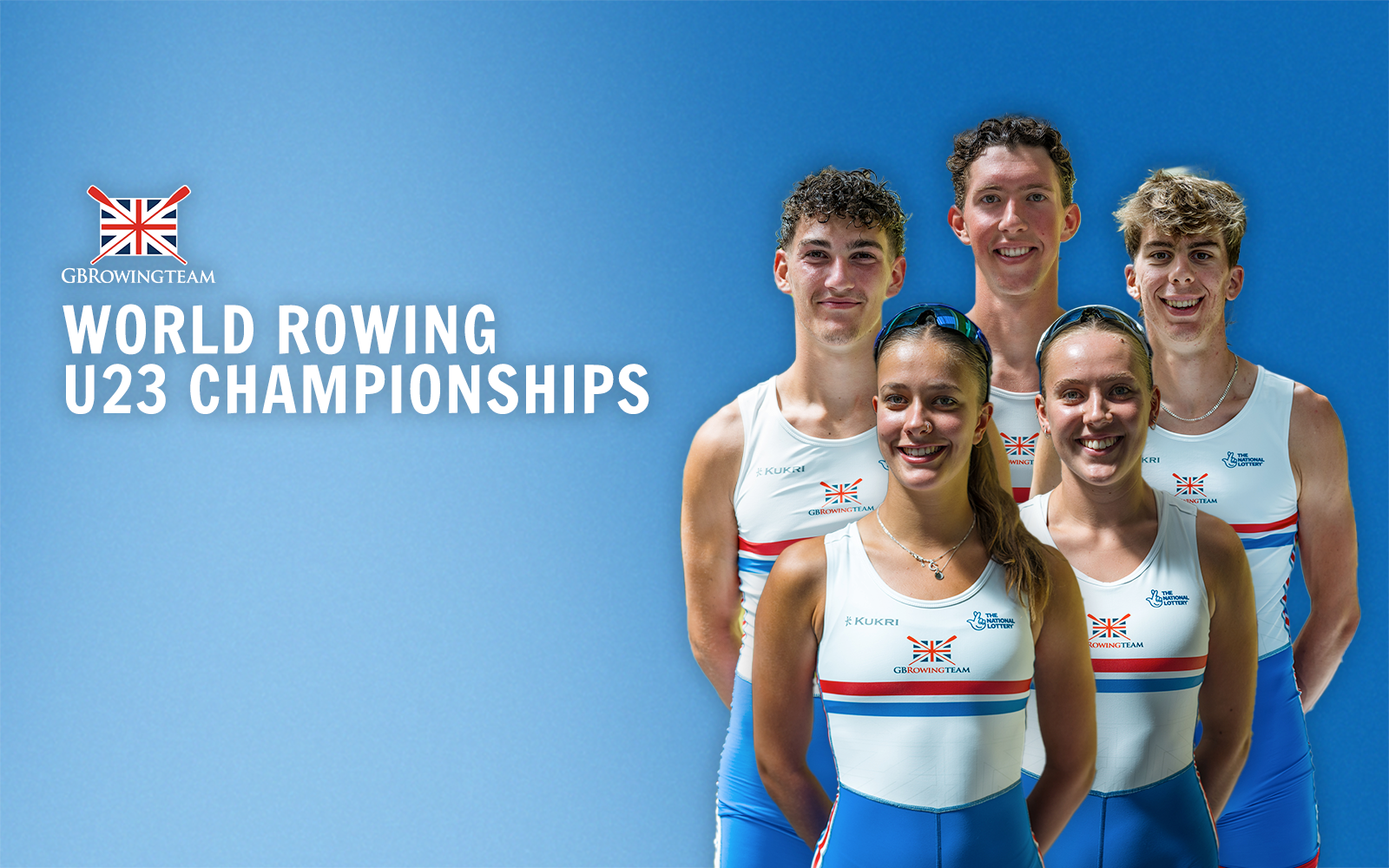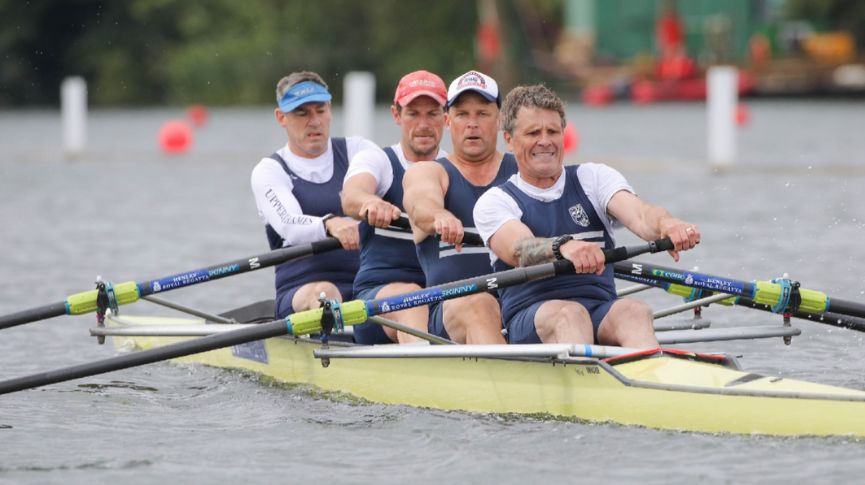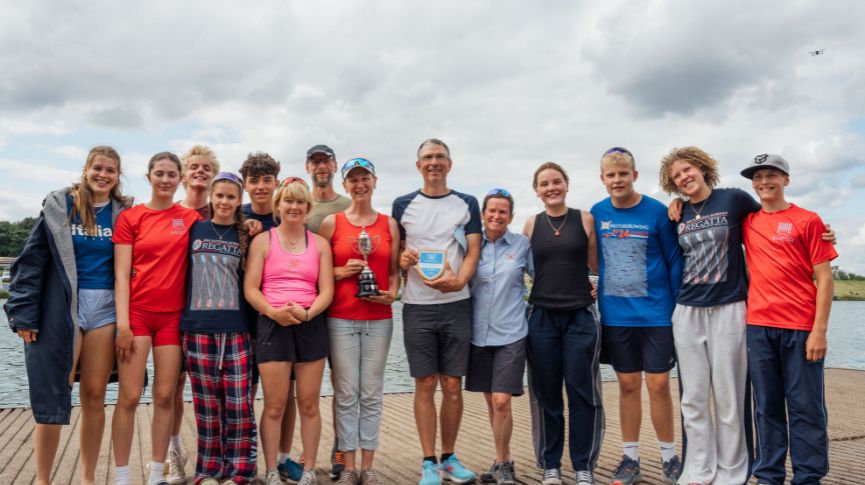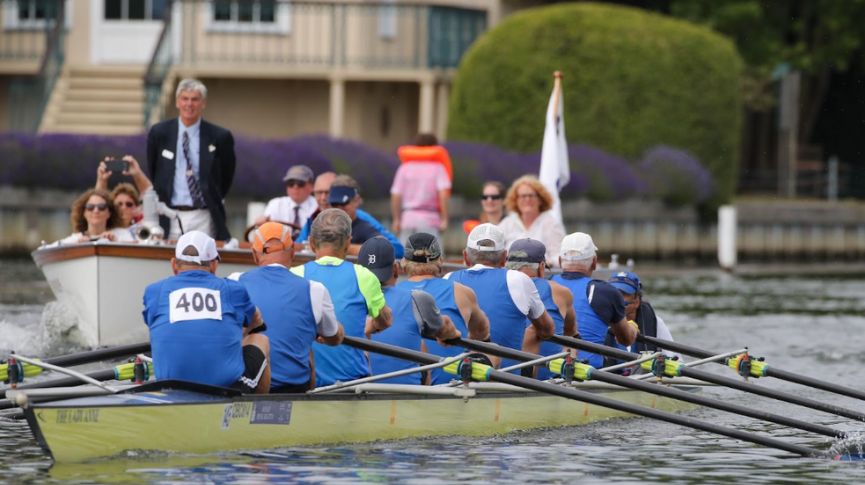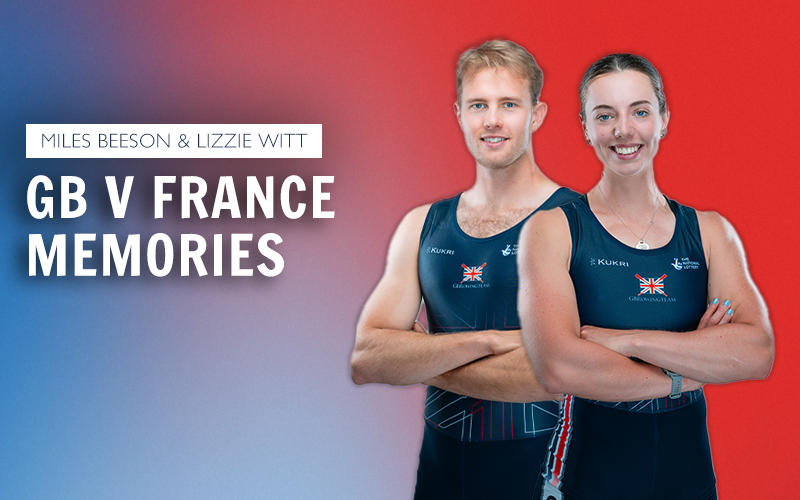Sensational Henley
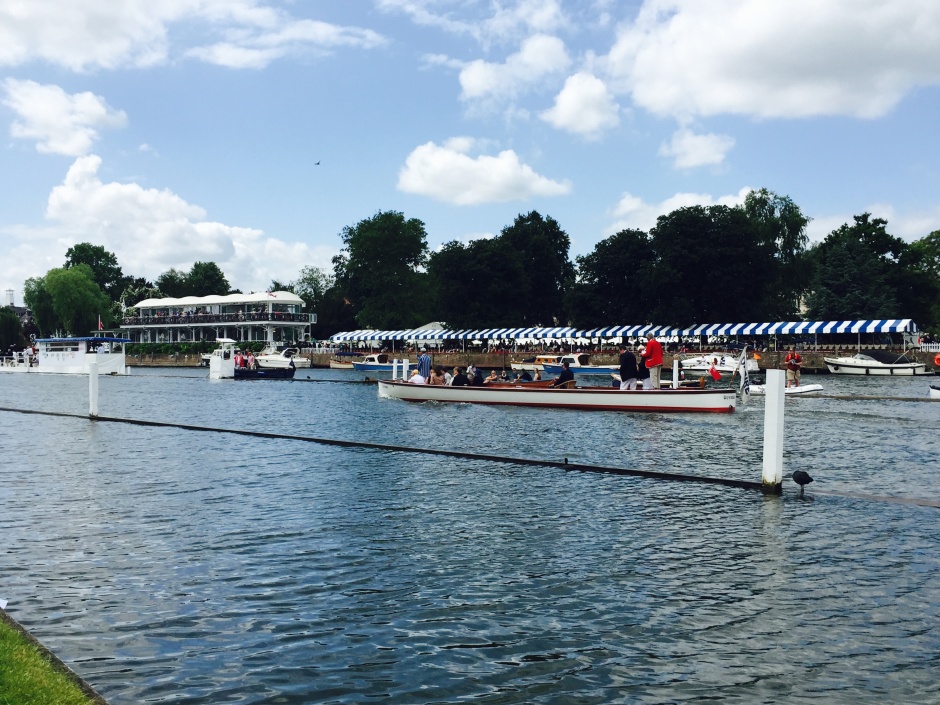
Wow! Wow! And WOW! The 2015 version of Henley Royal Regatta was an event like no other. As always, there were incredible, jaw-dropping performances. The GB eight’s clear-water victory over Germany – the reigning Olympic champions – was the stuff of legends. Yale’s victory over Washington in the Ladies’ Plate will be talked about for decades to come. And how often does a crew lower the course record by nine seconds? That pace came in the Regatta’s finest race: the contest between Nereus and Brookes in the Temple.
But the story of this year’s Regatta was not about the crews, races, or records – although they were part of it. No, it was the fact that the dramas played out on that historic stretch of the Thames, were seen throughout the country, all over the continent and even around the globe.
On the 4th of July, Americans were having ‘Henley parties’ in their houses. Dressing in their rowing blazers, or summer dresses, drinking Pimms and watching the Regatta on YouTube. In the Australian evening, Sydney residents were glued to their sets, to see how their crews would fare in the finals. And in Amsterdam, on the Bosbaan, Nico Rienks – arguably Holland’s greatest ever rower – in the company of his Nereus club mates watched his son, Rik, beat Lyon University in the final of the Temple.
They – and probably you too – were watching not just because it was the first time in ages that Henley had been televised. But crucially the coverage was revolutionary. It wasn’t ‘just’ the use of the drone – though the view that the drone gave of crews jousting between Fawley and Remenham was sensational. No, it was as much about the vision, energy and raw power that these images conveyed.
Undoubtedly, Henley Royal Regatta has raised the bar for how our sport can and should be covered in the 21st-century. Underpinning that was the amazing work done by so many volunteers. The Regatta invested big time in TV coverage, but what made it happen was the willingness of so many people – from Stewards like Sarah Winckless, to researchers like Tom Morgan, or commentators like Garry Herbert to give their time for absolutely nothing except the reward that they are engaged in something incredibly exciting, challenging and rewarding for the sport they love.
The rowers – from the multitudes who tried to qualify, to the finalists – played their part in all this. St Paul’s School vs Westminster in the Princess Elizabeth: what a race, what an upset. A brace of 2012 Olympic sculling champions – Drysdale and Knapkova – racked up five titles in the singles events. Thames RC finally, finally won a Henley trophy – The Thames Cup after so many years of waiting. Canada’s women broke the British in the Remenham. The top Greek four raced while their fellow citizens were voting in a referendum, losing to a Leander and London RC composite in the Stewards’.
Collins and Walton finally got the result they wanted in the Double Sculls. Borlase and Gloucester showed the world why British crew-sculling is now so strong. And it was touching that James Foad – a 2012 Olympic medal winner and world silver medallist in the pairs could be so chuffed and humble about his Goblets win with Matt Langridge.
No wonder that Sir Steve Redgrave – whose name was on the trophy that Foad held with his baby daughter – could proclaim during the prizegiving: “What a fantastic event we’ve had!”
Written by Martin Cross


